
Exciting new series on “Voice, Body and Movement for Lawyers – How to connect with the jury and find Justice Through Dramatic Technique!”
Click here to find out more
This is a short summary of how New Jersey practice is similar to, and different from, practice in other states and in federal court. It is designed for attorneys who already practice elsewhere. Procedurally it will go over the terms and language specific to New Jersey practice; the “rhythm” of how a lawsuit is litigated through discovery, motion practice, expert testimony and trial; and how New Jersey courts typically “do” things. Substantively it will summarize features of evidence law and procedural law (such as to statutes of limitations) which might be surprising to attorneys stepping into a New Jersey courtroom for the first time.
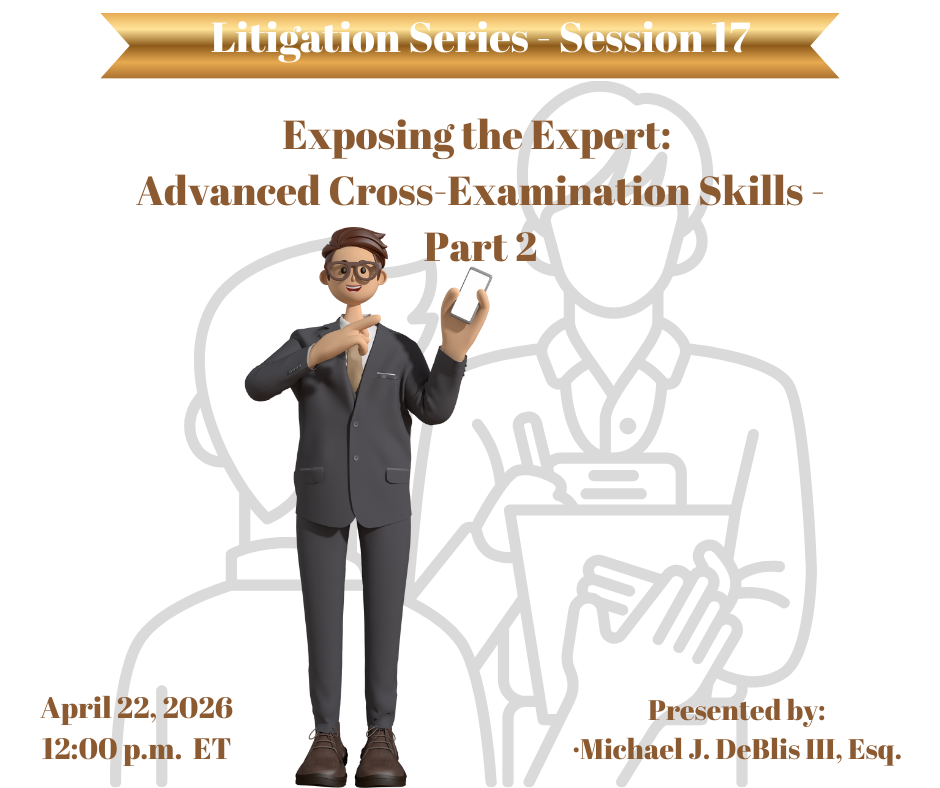
Part 2 - This program will continue the discussion from Part 1 focusing specifically on cross?examin...
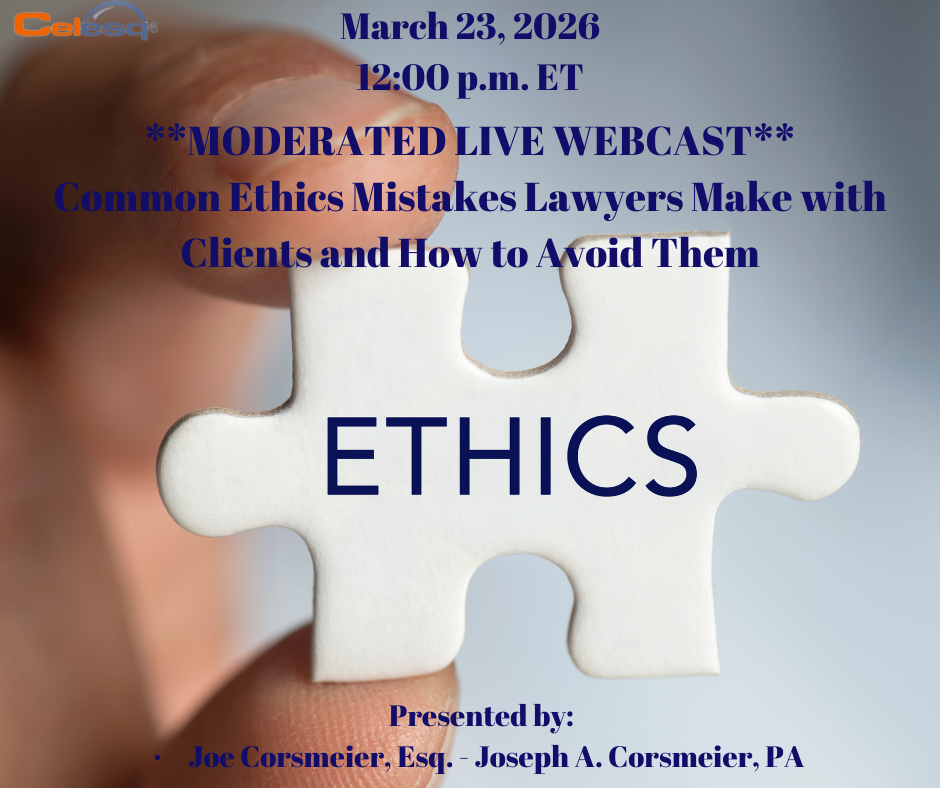
Many lawyers may not fully understand the Bar rules and ethical considerations regarding client repr...
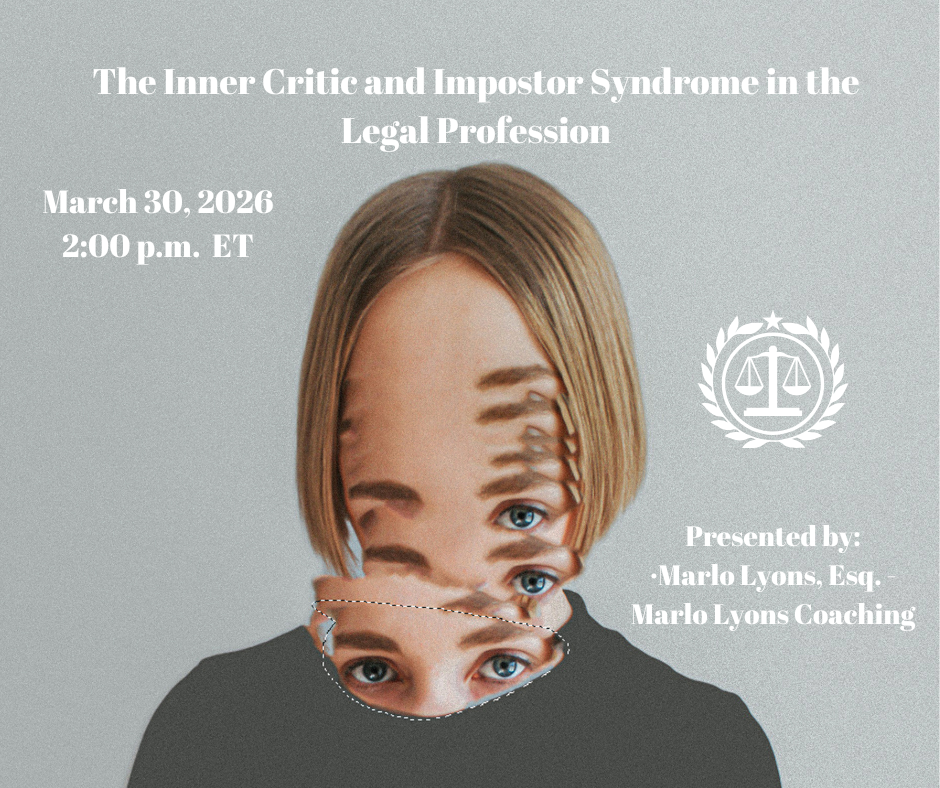
In high-stakes, high-pressure environments like the legal field, even the most accomplished professi...
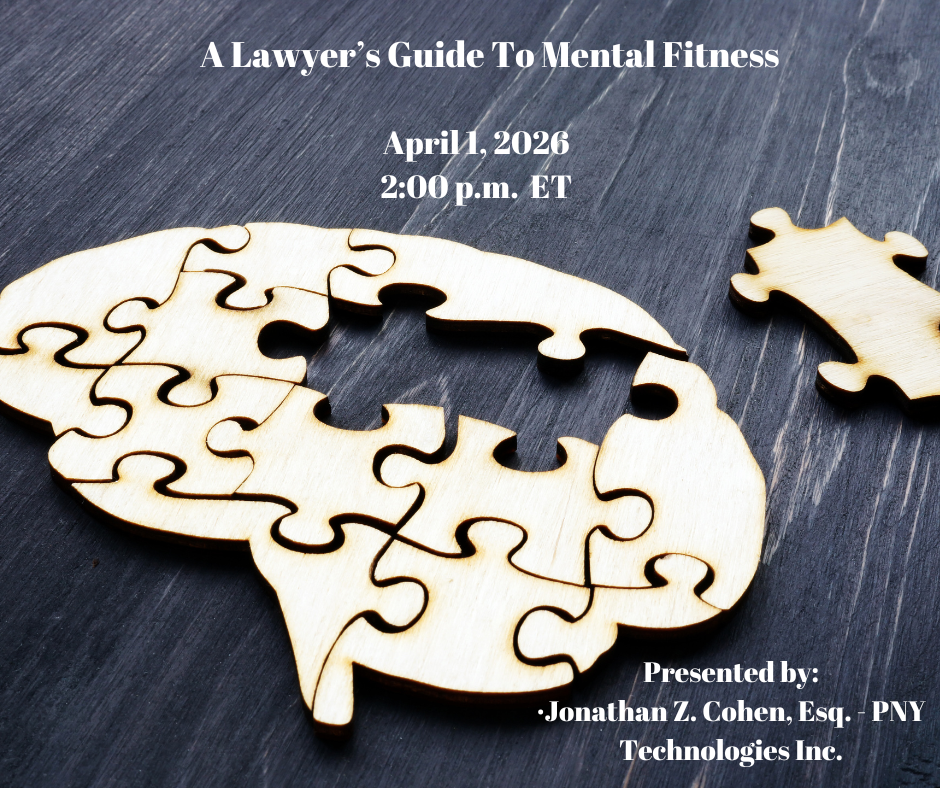
‘A Lawyer’s Guide To Mental Fitness’ is a seminar designed to equip professionals ...
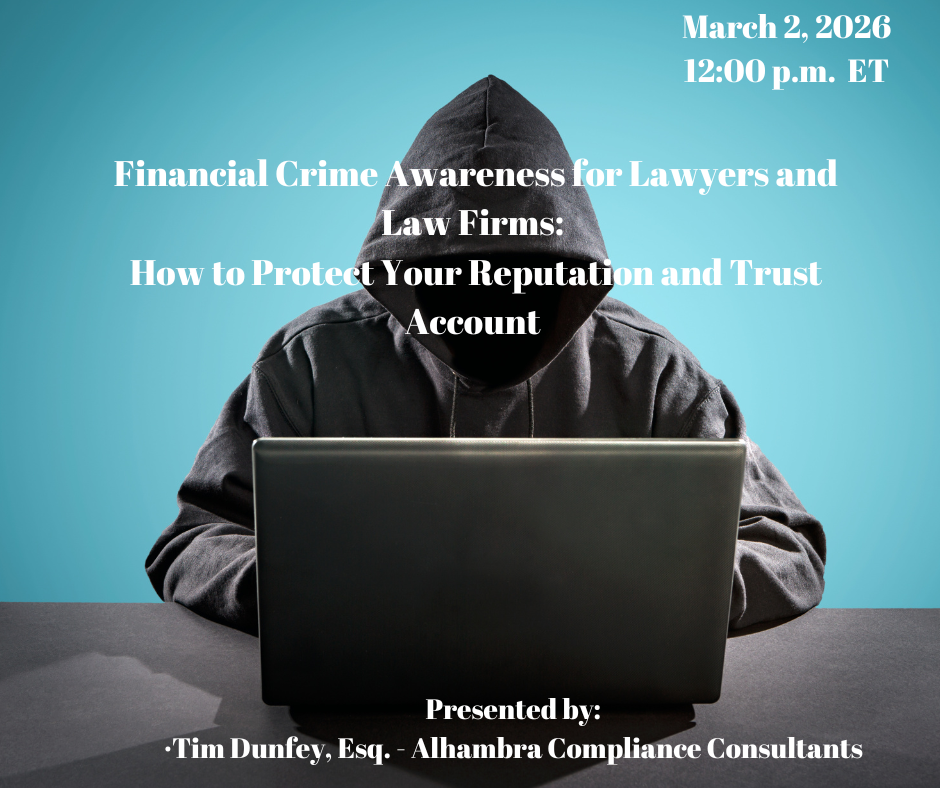
Attorneys and law firms are well known vectors for money laundering risk. Banks regularly labe...
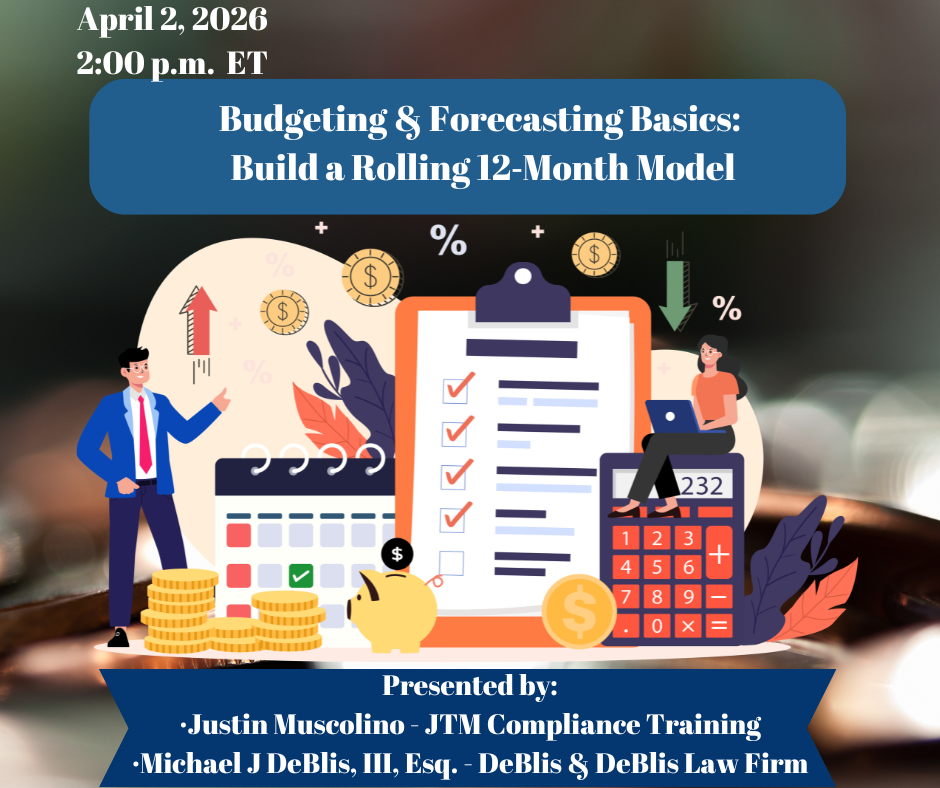
This CLE session introduces attorneys to budgeting and forecasting concepts used in corporate planni...
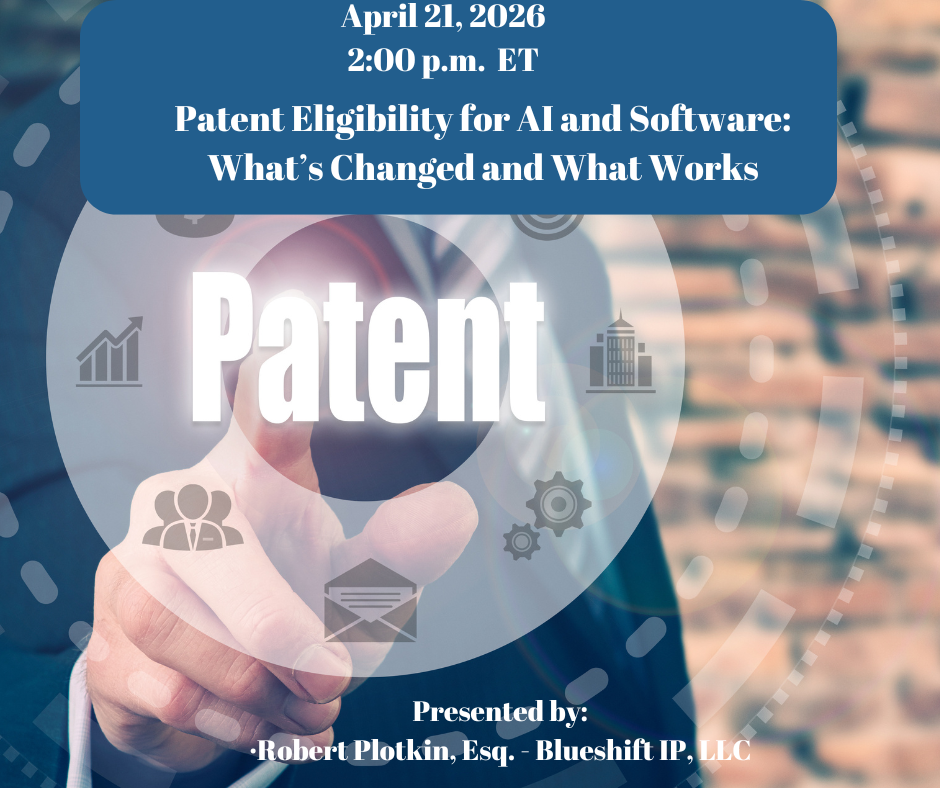
This program examines critical 2025-2026 developments in patent eligibility for software and AI inve...
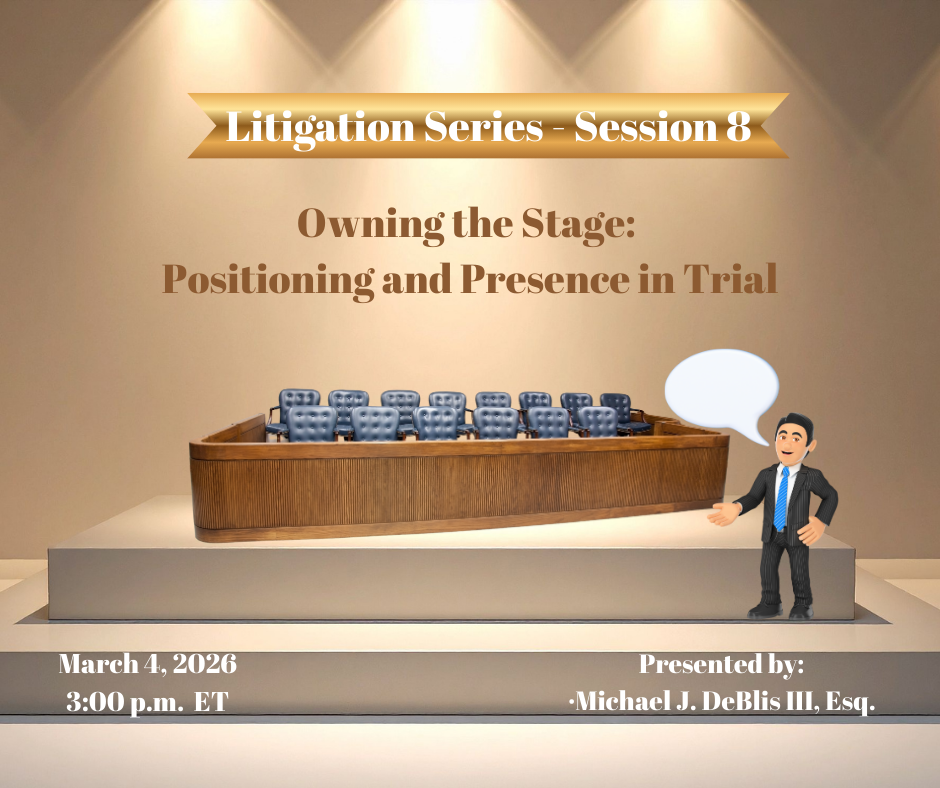
This presentation explores courtroom staging—how movement, spatial awareness, posture, and pre...
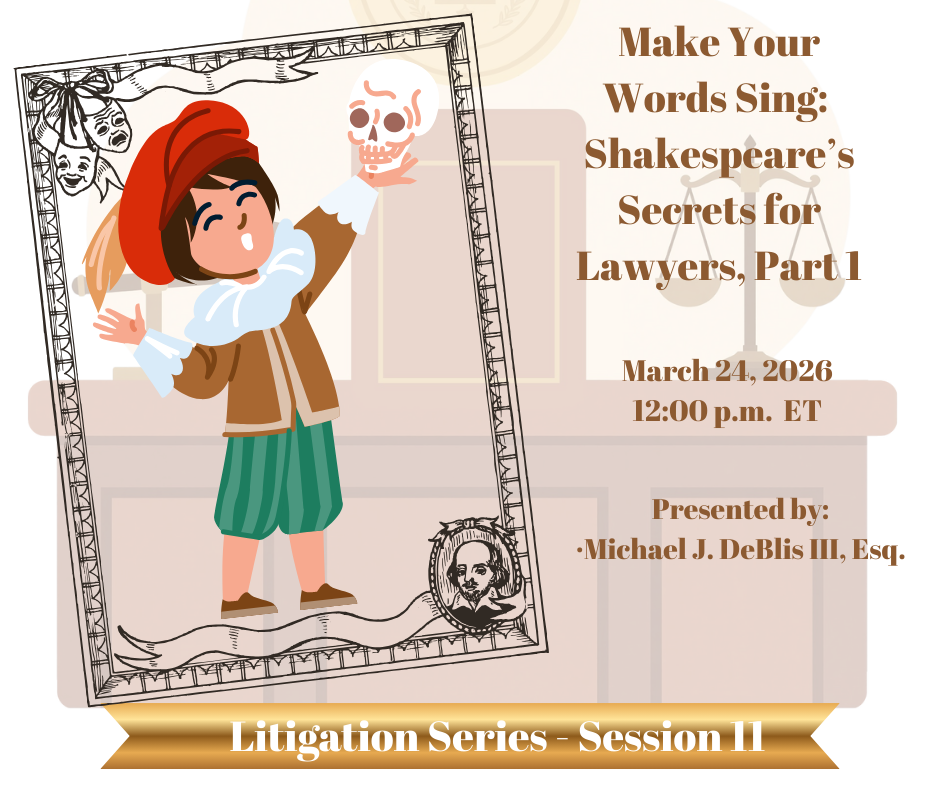
This Shakespeare?inspired program illustrates how Shakespearean technique can enrich courtroom advoc...
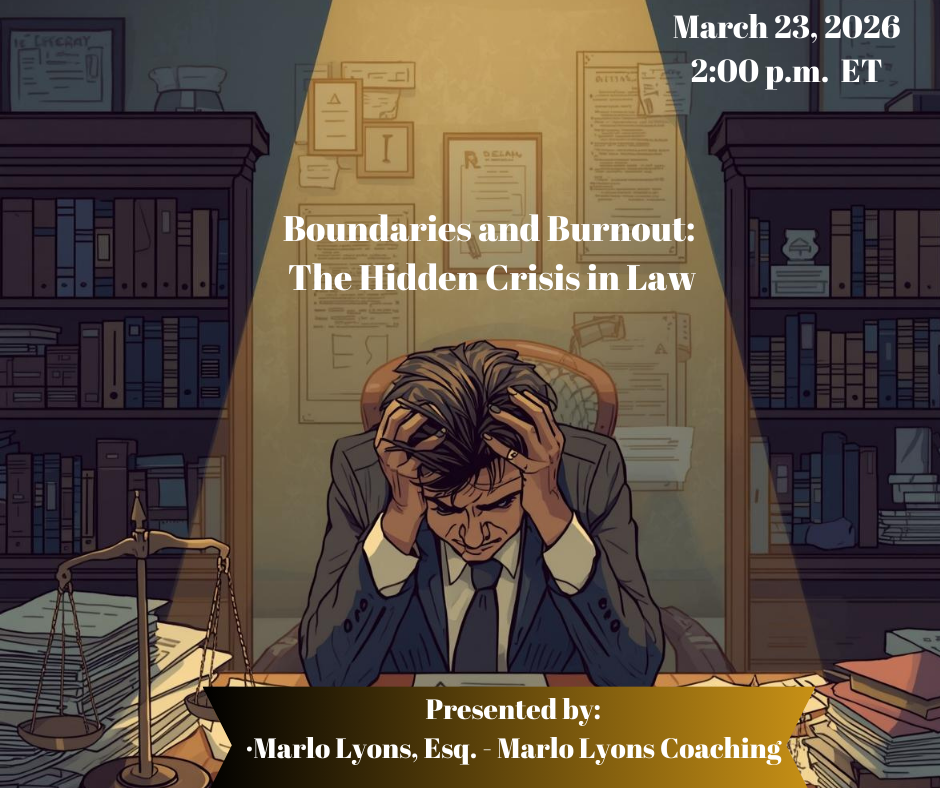
Boundaries and Burnout: The Hidden Crisis in Law is a 60-minute California MCLE Competence Credit pr...